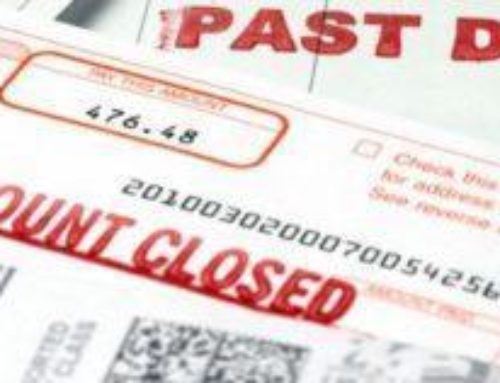After a collector obtains a judgement against you, the collector can obtain an order that requires you to appear in court to answer questions about your income and assets in order to determine whether there a. Note: If you file bankruptcy prior to the date of the judgement debtor exam, you will not need to appear at all. If you are not filing bankruptcy prior to the judgement debtor exam, there are three things to remember:
- The judgement debtor exam is a court-ordered appearance. Repercussions for missing the examination, though unlikely, at least theoretically include a contempt order or arrest. If you do not want to appear, it is important to relay a written excuse for postponing the examination. The court is likely to grant your request.
- If you do appear, tell the truth as your answers will be under oath.
- If the collector finds assets or income unprotected by law at your judgment debtor exam, the collector is likely to quickly obtain a court order enabling it to seize those unprotected assets?










